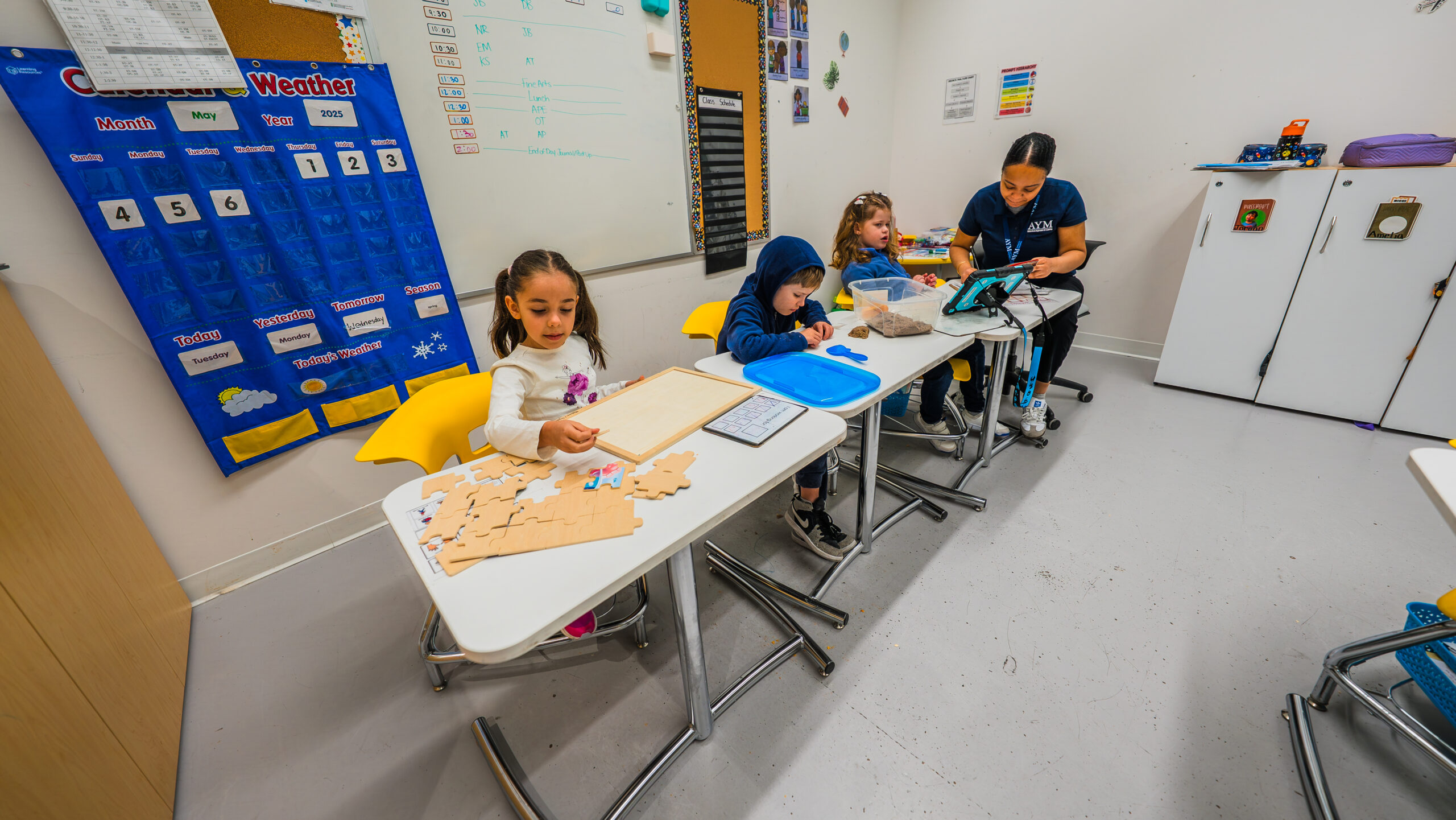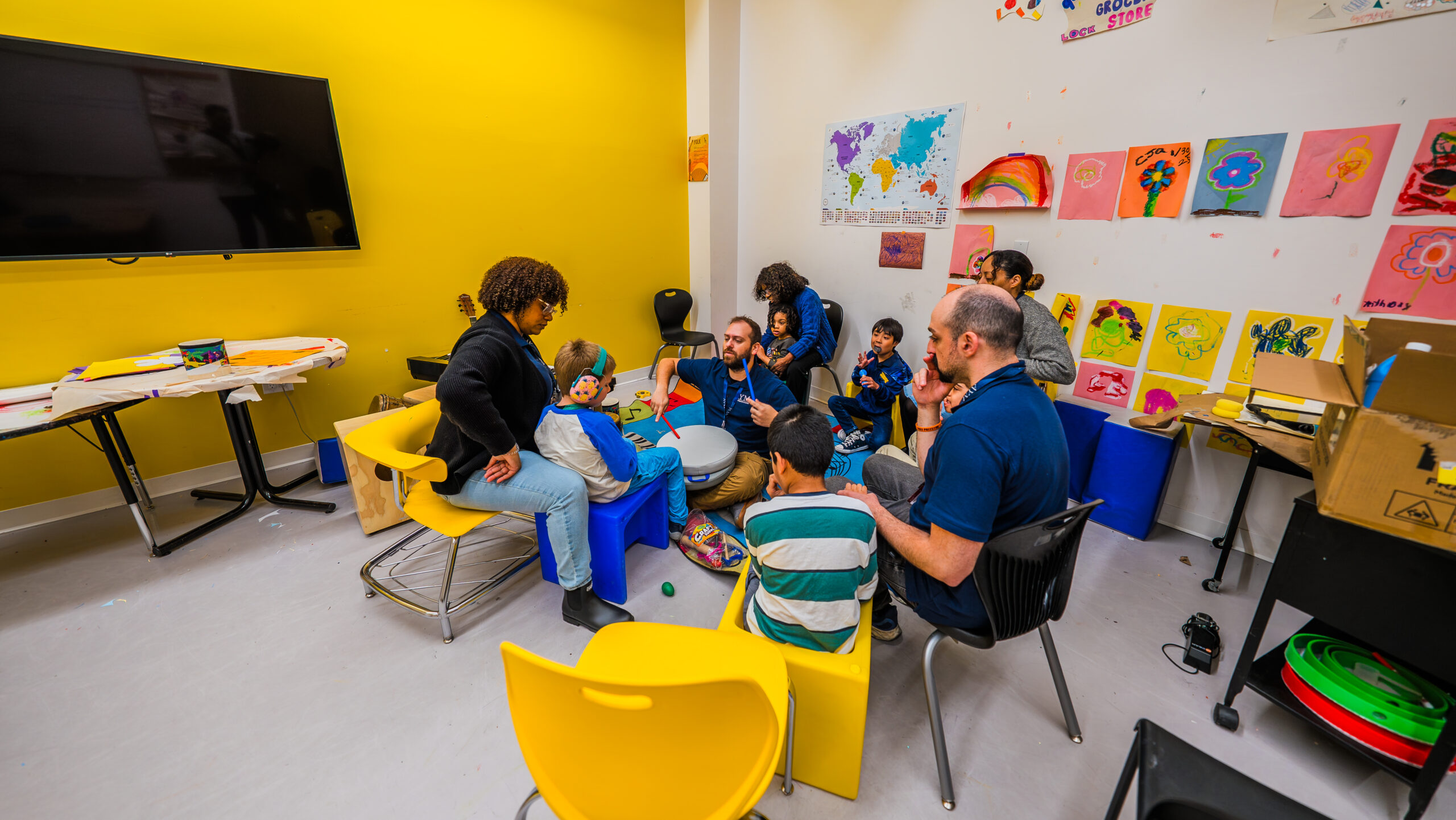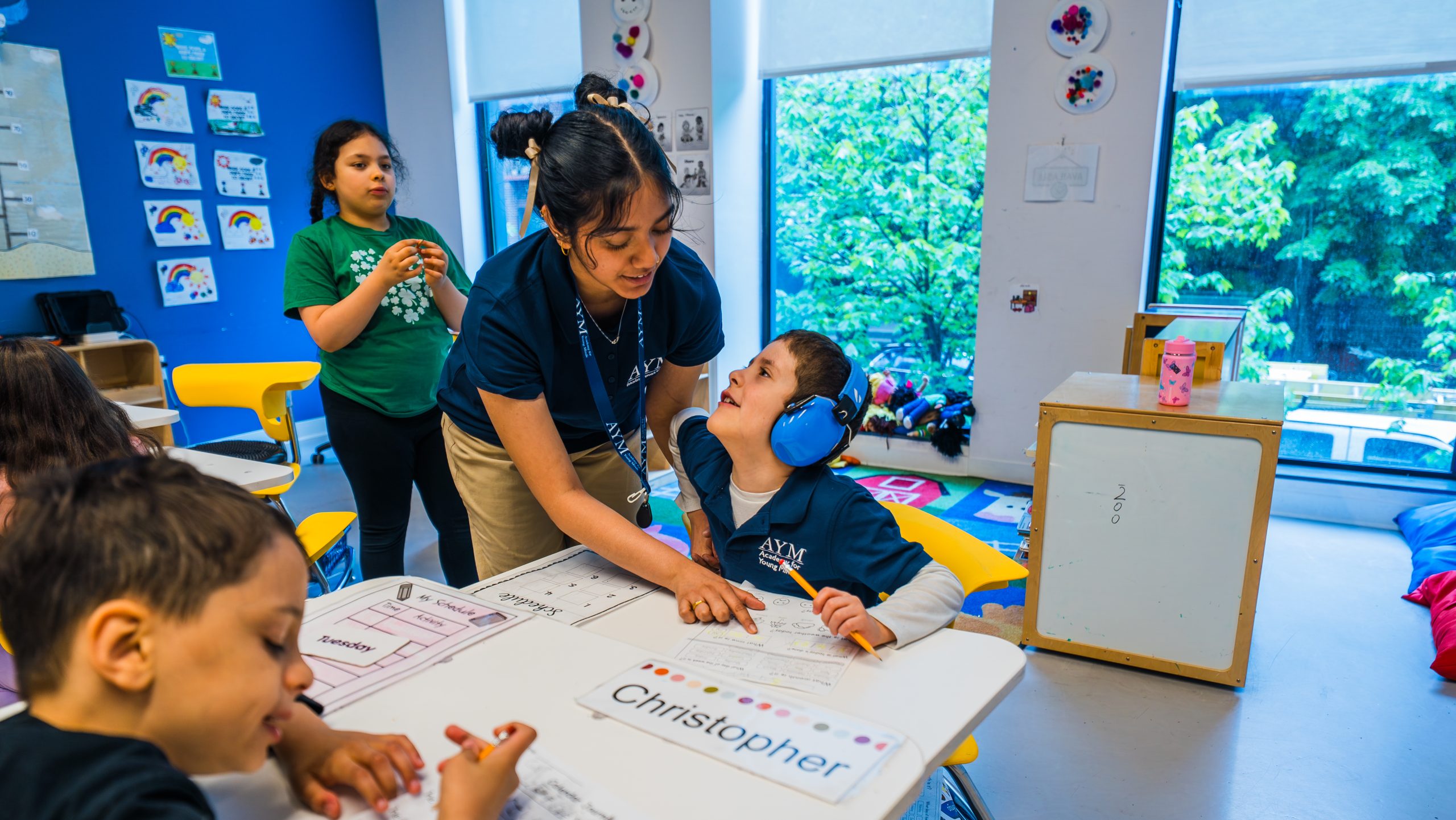Managing Sensory Needs and the Holidays for Children with Autism
The holiday season is a time of celebration. Decorations fill neighborhoods, there are exciting events all around, and festive gatherings bring people together. Yet, for families with autistic children, this can also be a more challenging time of the year. Many children with autism are confused by the season, are uncomfortable with the changes in routine, do not enjoy receiving gifts, or experience sensory overload at many of the events.
If your family has needed to adjust holiday traditions to better suit your child’s sensory needs, know that these changes are not only okay—they’re acts of love. It is difficult to adjust what you had always thought your plans might be, but with some preparation and flexibility, you can create a holiday experience that feels joyful and meaningful for everyone.
Choose Events that Match Your Child’s Comfort Level
Not every holiday gathering or event will be a good fit for your child and, despite the way social media might make you feel, there is no need to do everything. Instead, you might want to look for smaller, quieter gatherings or sensory-friendly activities that cater towards children with autism. Many communities offer a more sensory-friendly Santa or experience where children can enjoy the festivities without the overwhelming noise and crowds.
Give yourself permission now to decline invitations that feel too stressful, and instead focus on moments and activities where your child can thrive.
Prepare Ahead of Time for New Experiences
Preparation can help ease the anxiety that comes with holiday changes. Use visual aids or social stories to walk your child through what to expect during an event or outing. For example, if you’re visiting a relative’s house or traveling, show them pictures, explain step-by-step what the day will involve, and explain to them what they should do at each part.
You can also practice holiday routines in advance, like unwrapping gifts, greeting relatives, or waiting their turn. This practice can help build confidence and minimize surprises.
Pro tip: Get to the event early. This gives them time to transition when it’s quieter and less overwhelming.
Pack Familiar Items and Comfort Foods
New environments can be overwhelming, but bringing a sense of home with you can make a big difference. Pack your child’s favorite toys, sensory tools, or comfort items to help them feel secure.
Food can also be a source of comfort. If your child has specific preferences or dietary needs, bring familiar snacks or dishes along to gatherings. This ensures they’ll have something to eat so they will feel good throughout the event or gathering.
Create Opportunities for Quiet Time
The hustle and bustle of the season can quickly lead a child on the autism spectrum to sensory overload. Whether at home or visiting family, designate a quiet, calming space where your child can retreat when they feel overwhelmed.
At home, this might be a familiar spot in their room or a cozy corner with their favorite toys. If you’re visiting family or friends, plan ahead by discussing with your host the possibility of setting aside a quiet area. This could be a spare bedroom, a small nook, or even a quiet spot outdoors if the weather permits.
Redefine Holiday Success
Holidays don’t have to look a certain way to be meaningful. Focus on what brings joy to your child and your family, even if it means simplifying traditions or creating new ones. A quiet evening baking cookies, watching a favorite movie, or taking a drive to look at lights can all create lasting memories.
It’s okay to not have a picture-perfect holiday season if everyone is happy and comfortable. By staying flexible, showing compassion, and focusing on what your child really needs, you can create a holiday season that feels warm and meaningful. If you’re looking for more support or resources to help your child thrive during the holidays and beyond, don’t hesitate to reach out to us.
Resources:
https://www.autismparentingmagazine.com/asd-holiday-tips/
https://www.autismparentingmagazine.com/autism-christmas-overwhelm/



